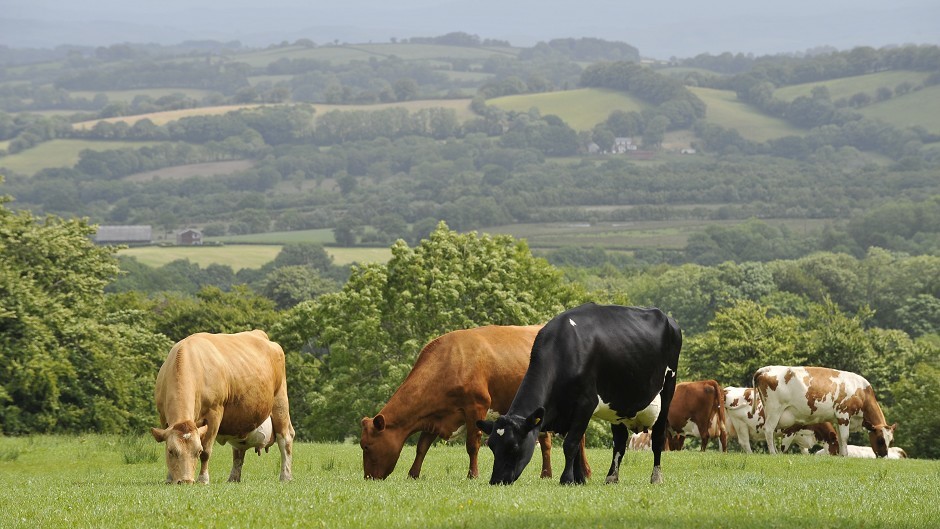Scottish agriculture has become less efficient in the last few months because of the government’s delay in paying farm support, members of the industry’s supply trade have revealed.
The fallout from the Scottish Government’s overpriced and constipated computer system has included erratic and piecemeal orders of seeds, fertilisers and livestock feeds which has resulted in inefficient logistics for farmers and the industry’s suppliers.
Speaking in Edinburgh at a meeting of the Agricultural Industries Confederation (AIC) Scotland, feed committee chairman Donald Harvey said there had been a notable change in farmers’ buying habits in the last few months.
“Whether it is split loads of animal feed or fertilisers, farmers are looking at how to manage their cash flow. They are buying later and ordering less and it’s happening across the country,” he said. “The irony is that the new Cap introduced greening measures to try to make farming more environmentally friendly but the failure of the computer system has meant it has had the opposite effect. Farmers are living hand to mouth and that means everything is last minute and lorries are going out with half loads.”
However the merchants reported that they were not being asked to give extra credit to the industry while farmers waited for payments to be processed. Both Mr Harvey and East of Scotland Farmers general manager Robin Barron, chairman of AIC’s arable committee, said their businesses were not laying out more money than in previous years.
AIC said it had commissioned a report on the impact of leaving Europe ahead of the EU referendum next month. AIC Scotland chairman John Calder said the organisation had come to the conclusion that it made more sense to stay in Europe than leave, but it had stopped short of telling its membership how to vote. “We steered the industry in the direction of remain. The big questions were how long the time scale would be between departing from the EU and getting something else into place. Our view was based on the uncertainty created rather than whether staying was good or bad.”
